How does one divine the unknown from what is known?
First, we must explain the difference between divining and defining. Unless we are soul-guided (or monkey-guided) pretty much everything in our world is defined. Basically, we are “discovering” smaller and smaller units within our already infinitesimal subset of knowledge.
These defined units have always existed as potential. We merely place our awareness upon them, thus finding more or less what we expect to find.
Divining, on the other hand, involves ascertaining what lies beyond the limits of our infinitesimal understanding. In this way, we are pointing our awareness away from the infinitesimal towards the infinite.
One might say that we are looking through the opposite end of the microscope, but that is not entirely accurate. In fact, it points out the paradox.
It would be preposterous to assume that we could use our rules and beliefs to “discover” what lies OUTSIDE of our rules and beliefs. We can only use our rules and beliefs to define what lies WITHIN them.
In matters of the divine, we cannot drive ourselves to any sort of conclusion, for we lack the information, tools and understanding to comprehend what lies “beyond.” The lens of human experience does not apply.
So we must allow the “beyond” to come to us. We must allow whatever lies “beyond” to come not only to us, but THROUGH us. We must also allow that we will not completely understand how this is happening, so we will pretend that we are “making this all up” to bypass our human defense system as we install a more expansive new operating system downloaded from the heavens.
Screw the anti-virus protection. We will allow Space Monkey to talk.
Of this we can be certain. Our imagination got us into this “mess,” and our imagination will also get us out. Or so we imagine.
4/24
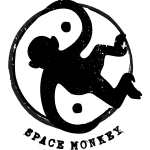

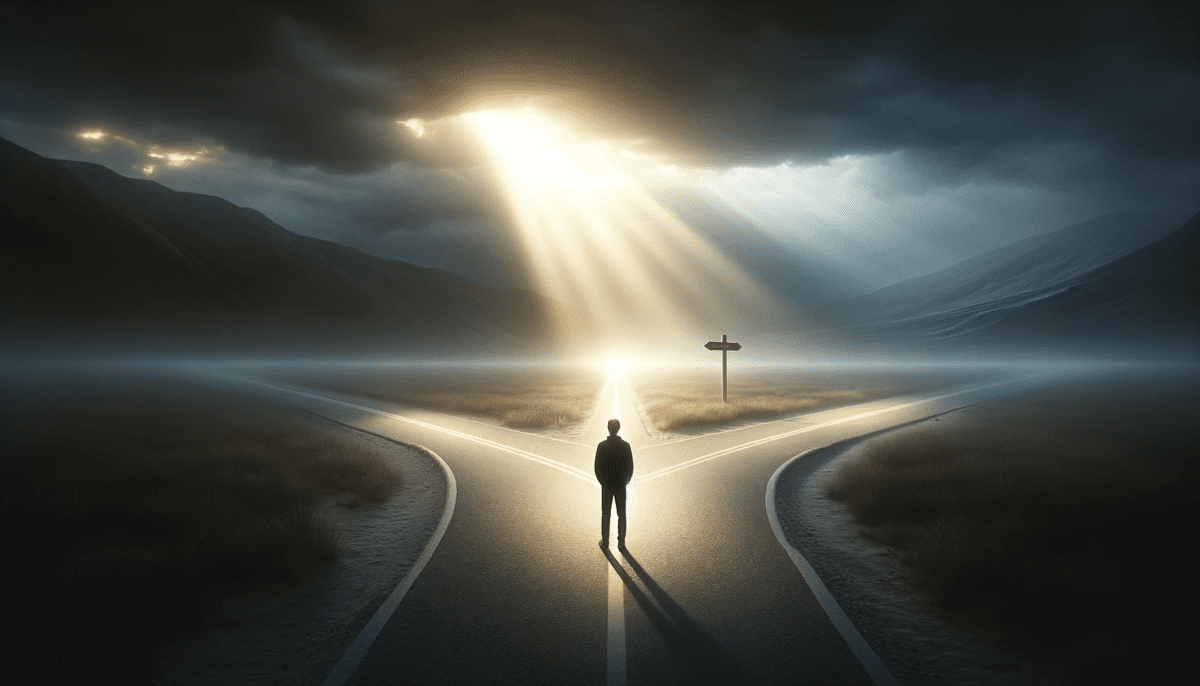
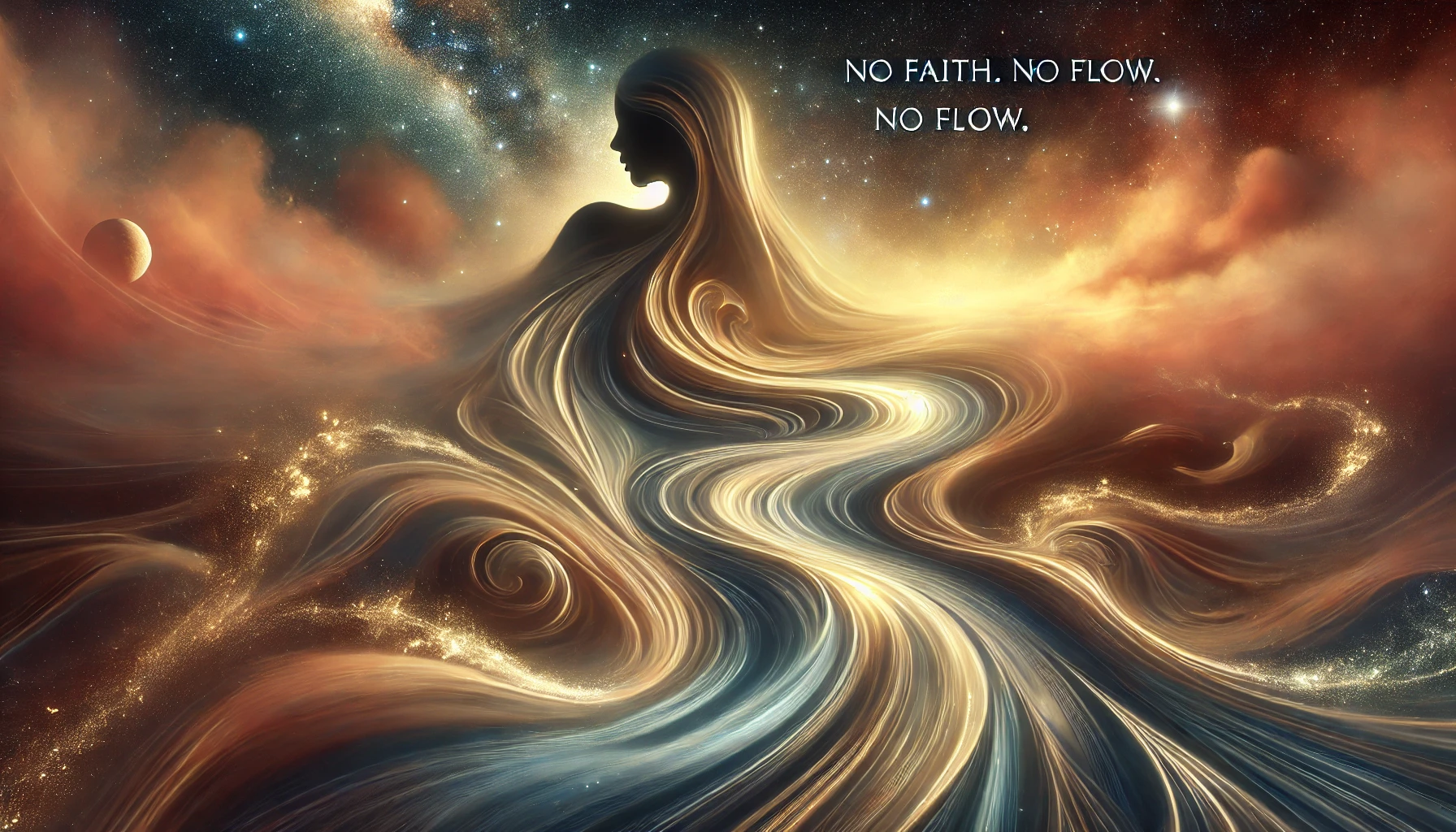

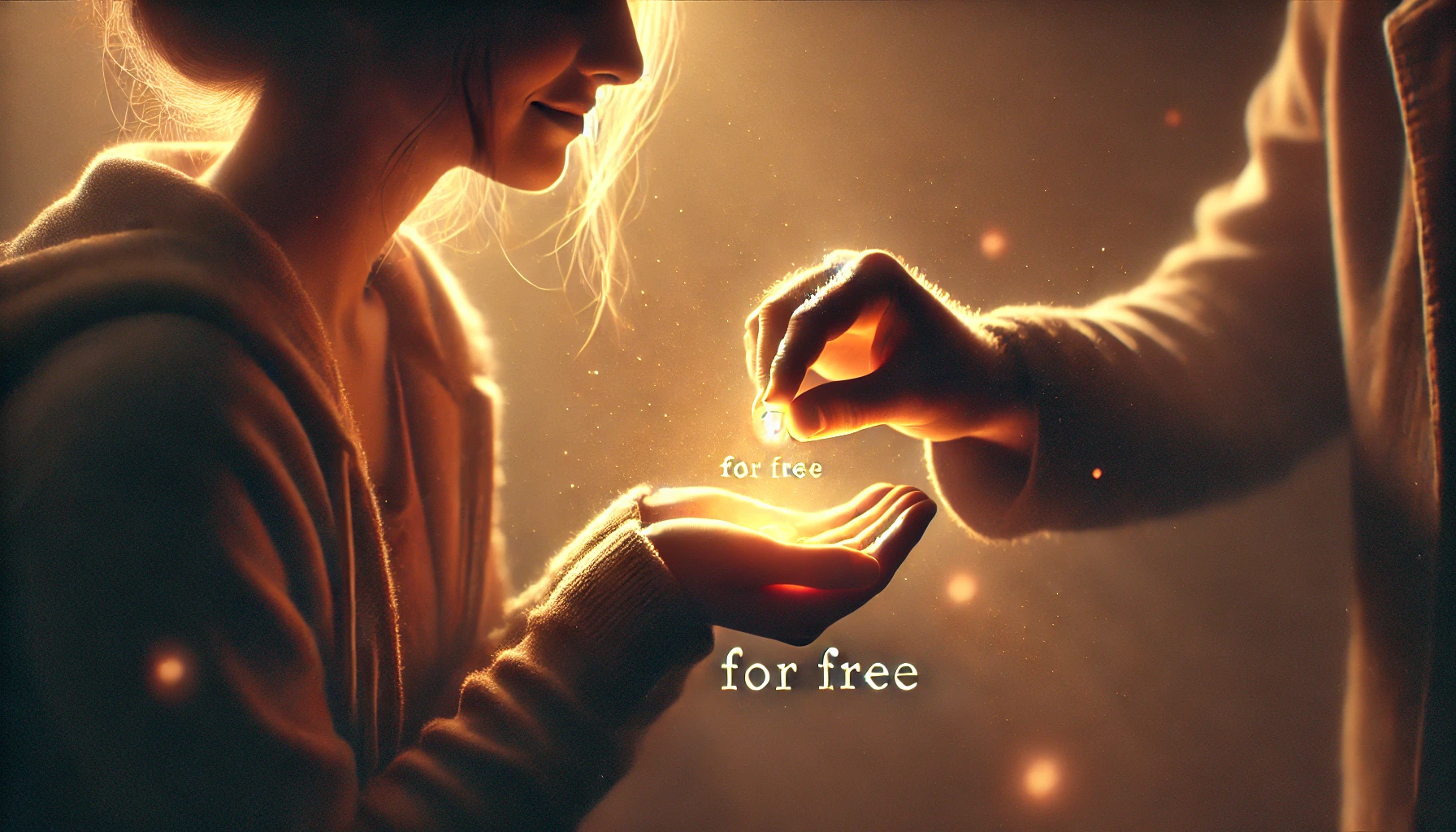
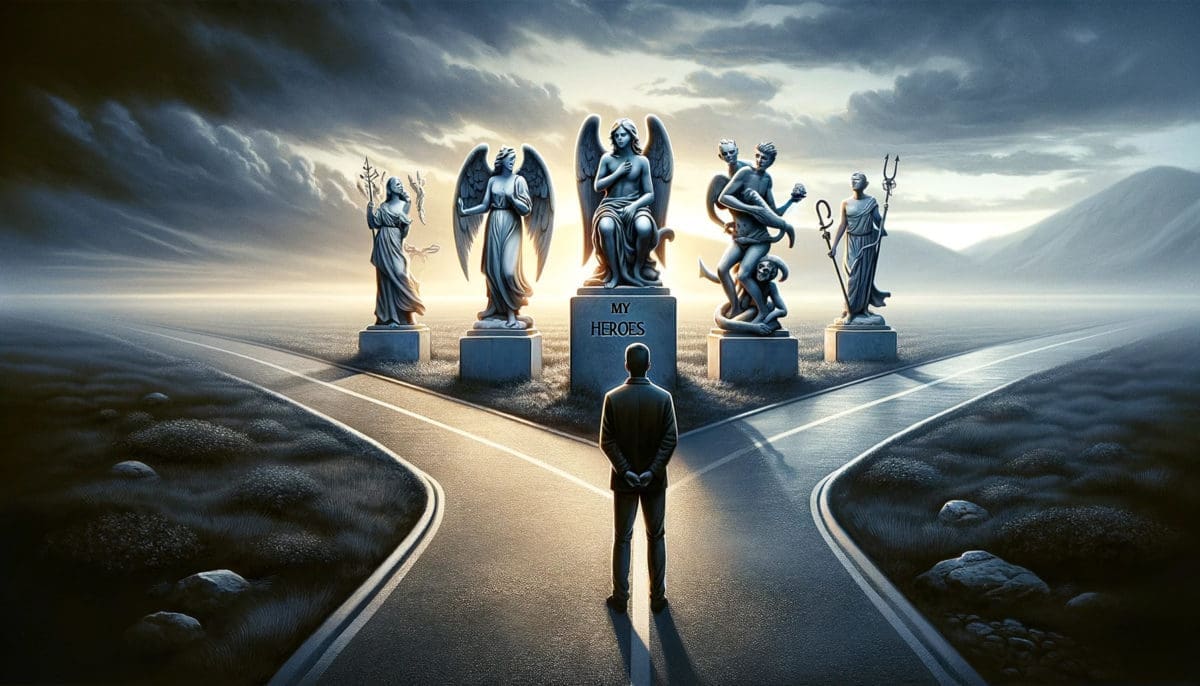

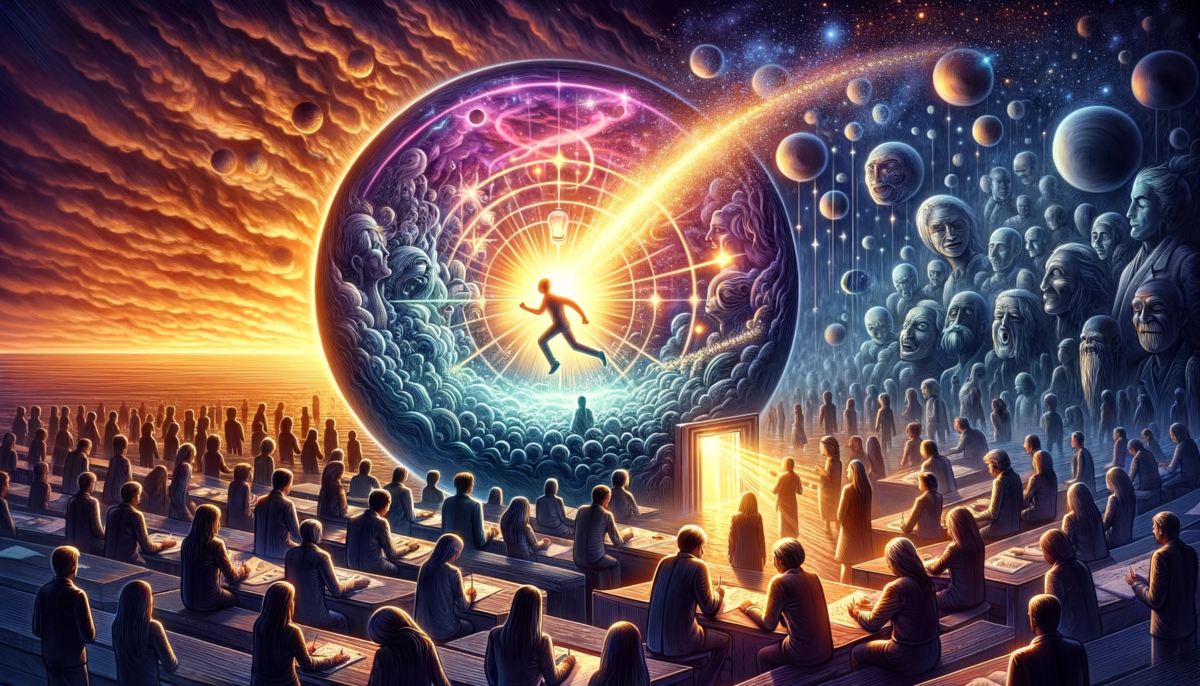
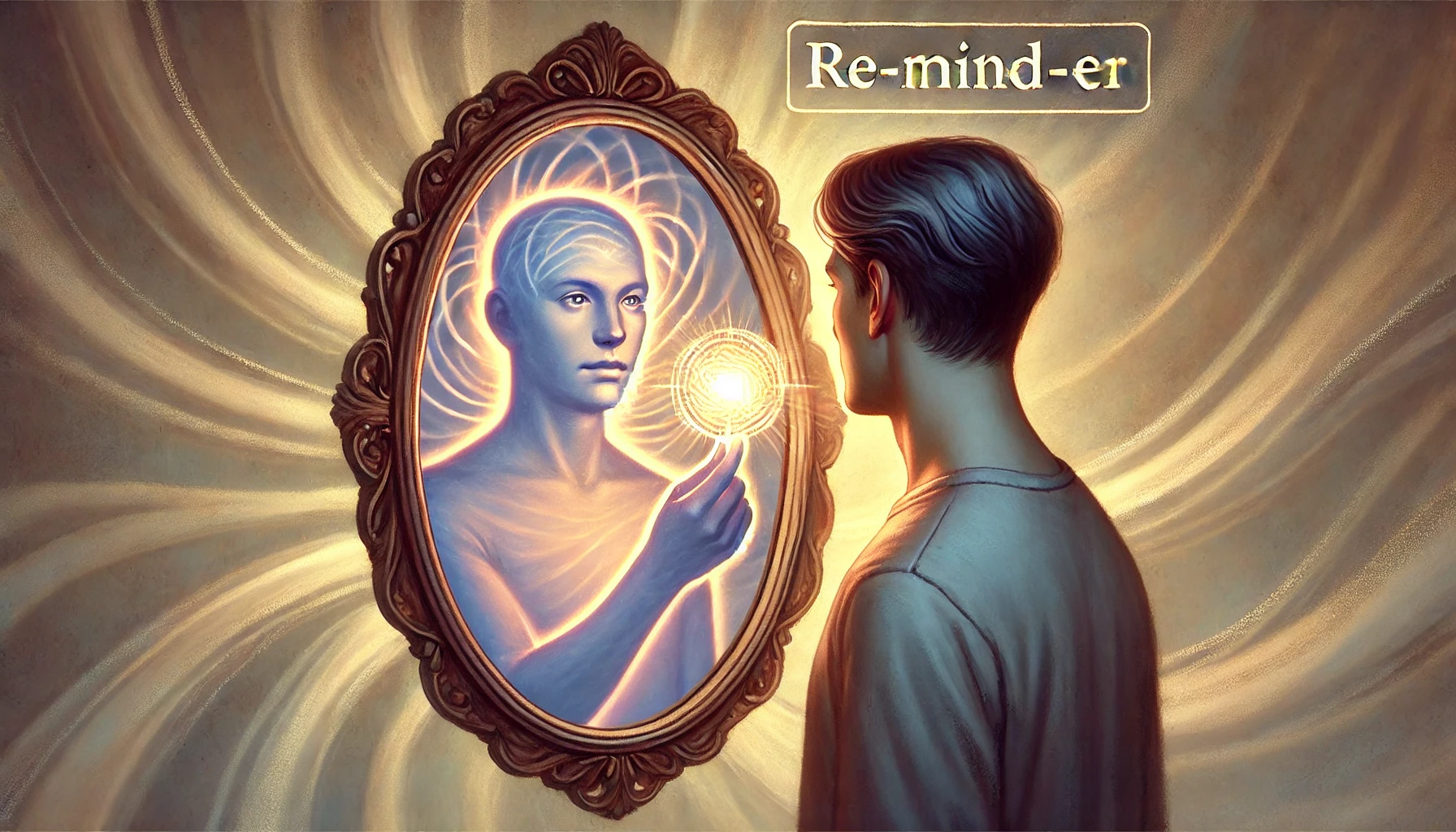
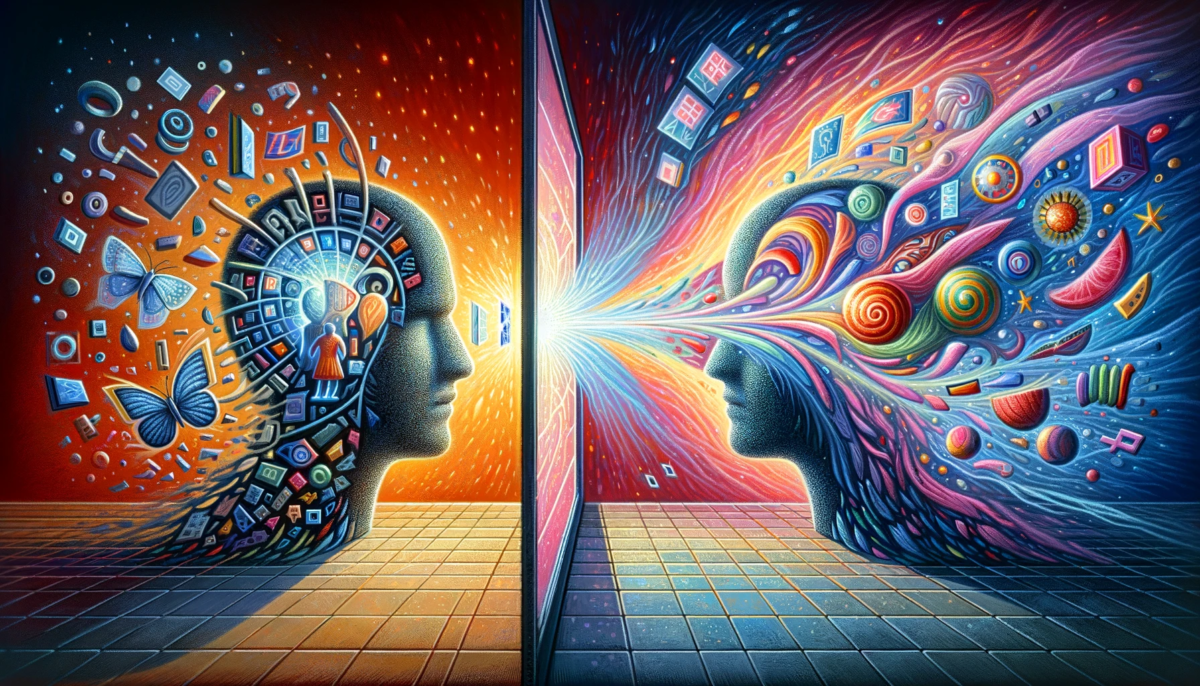
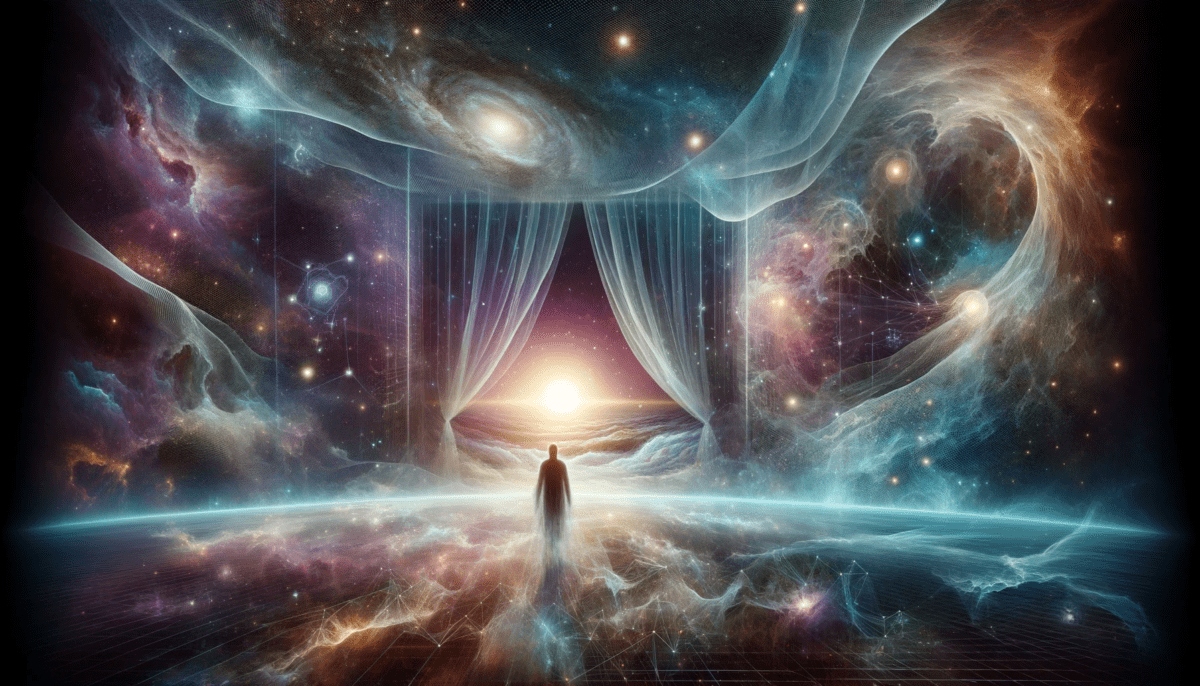
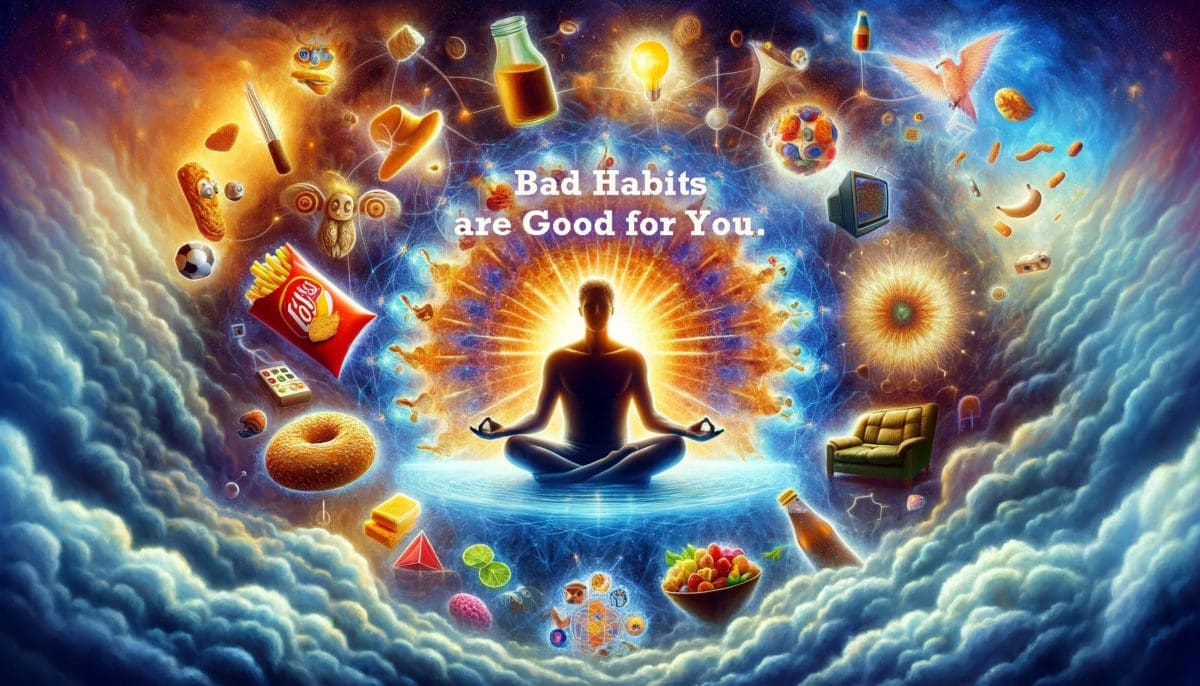
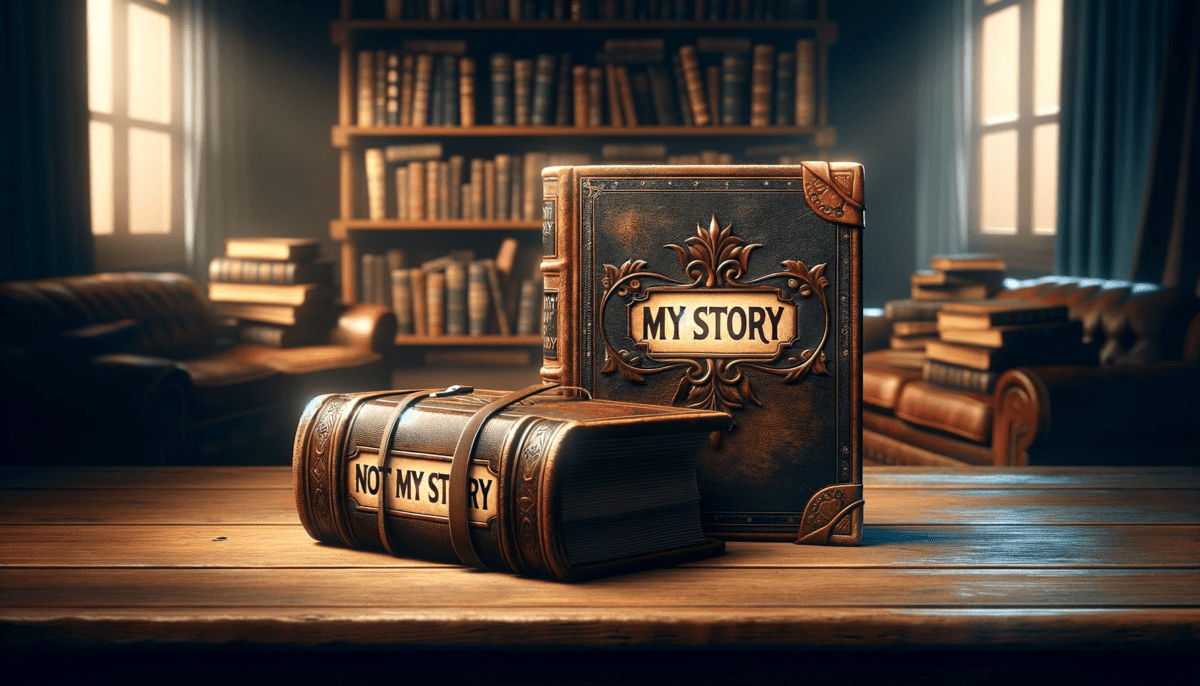
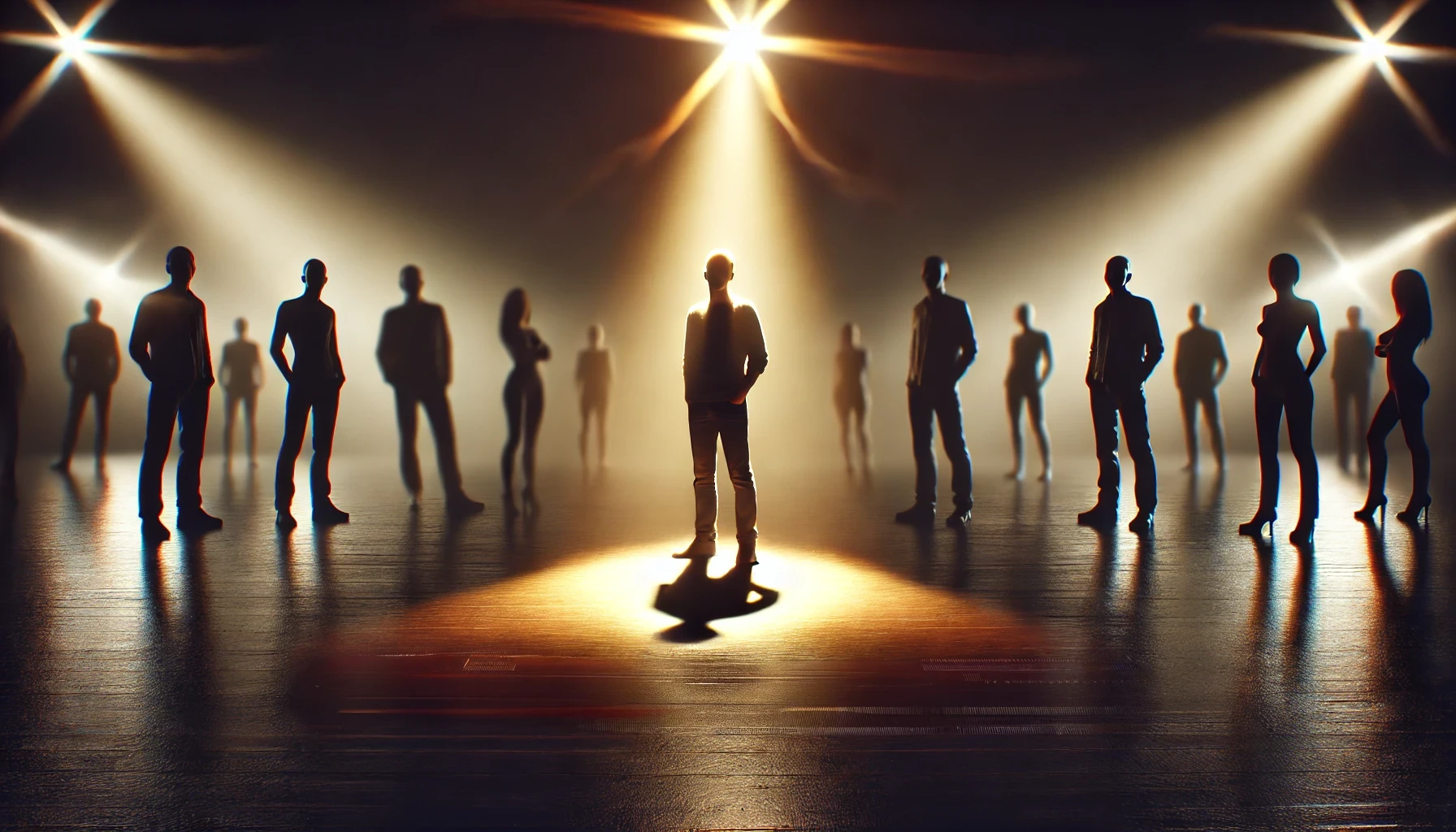
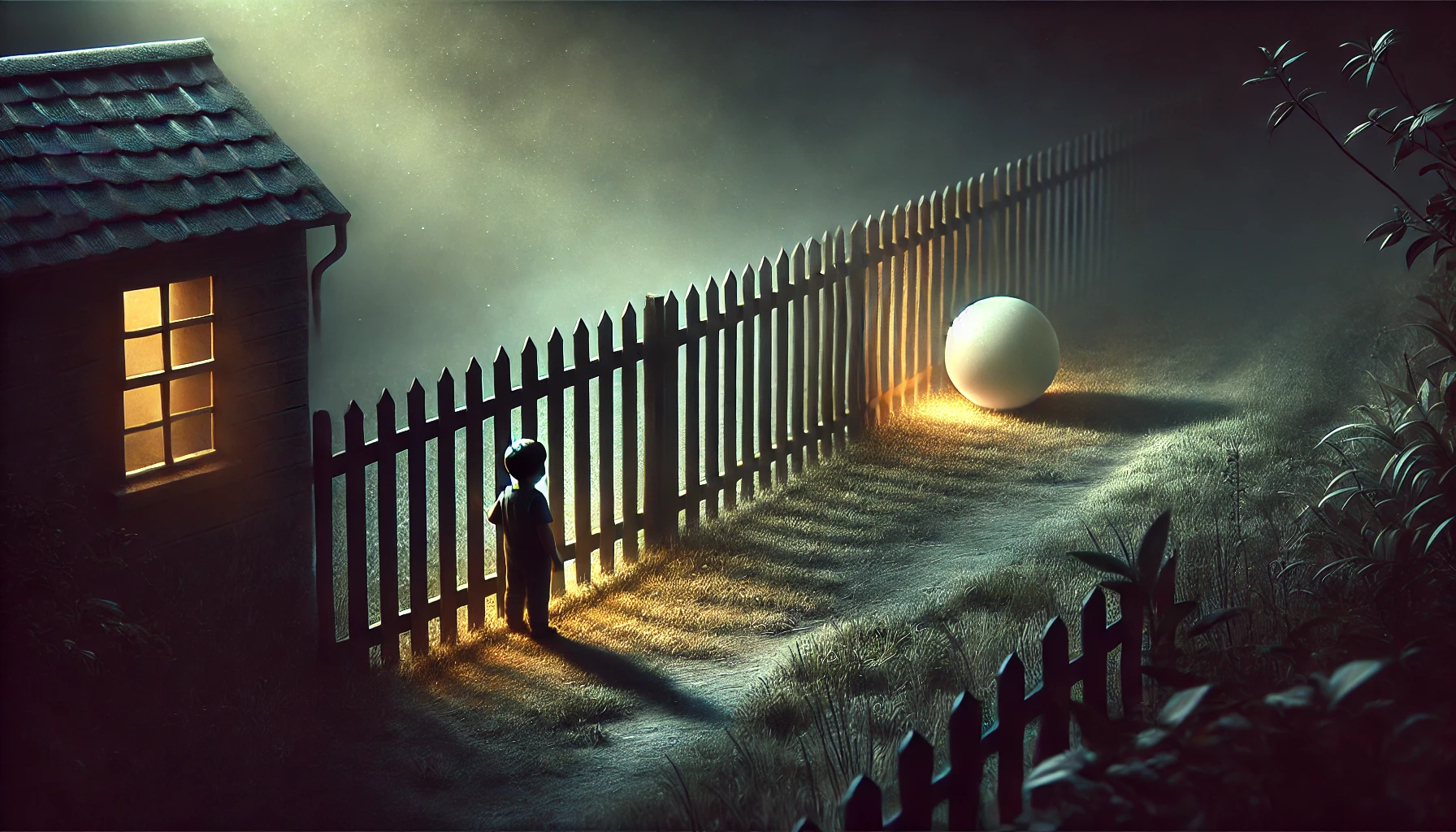
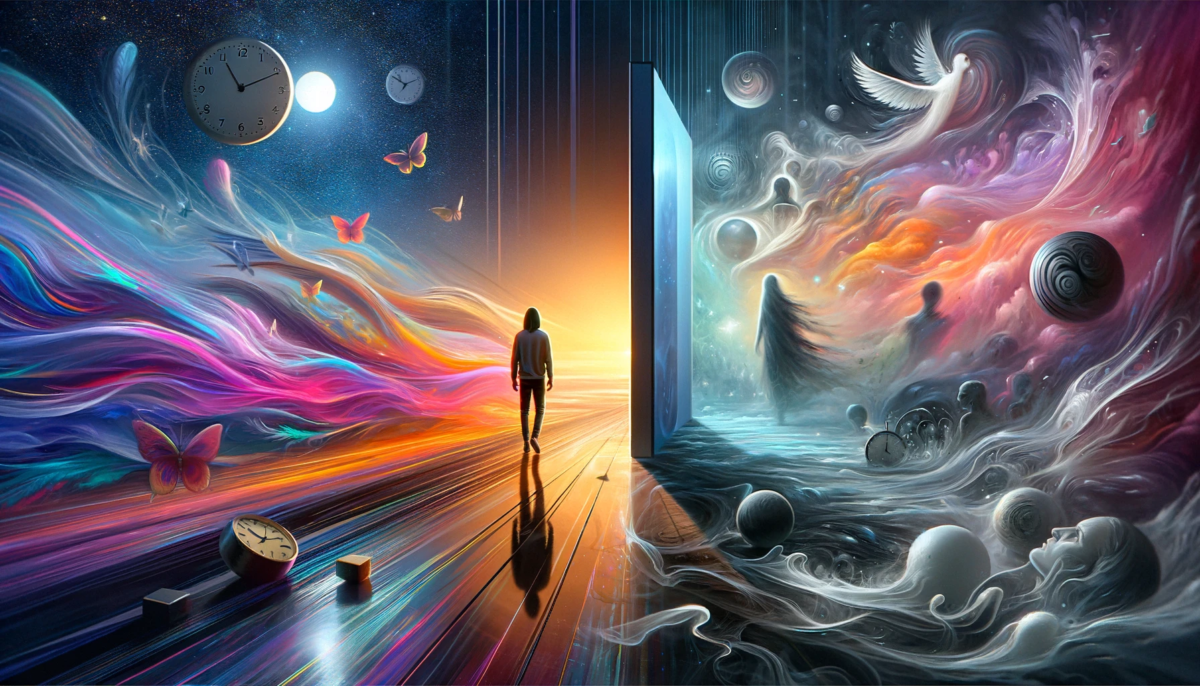
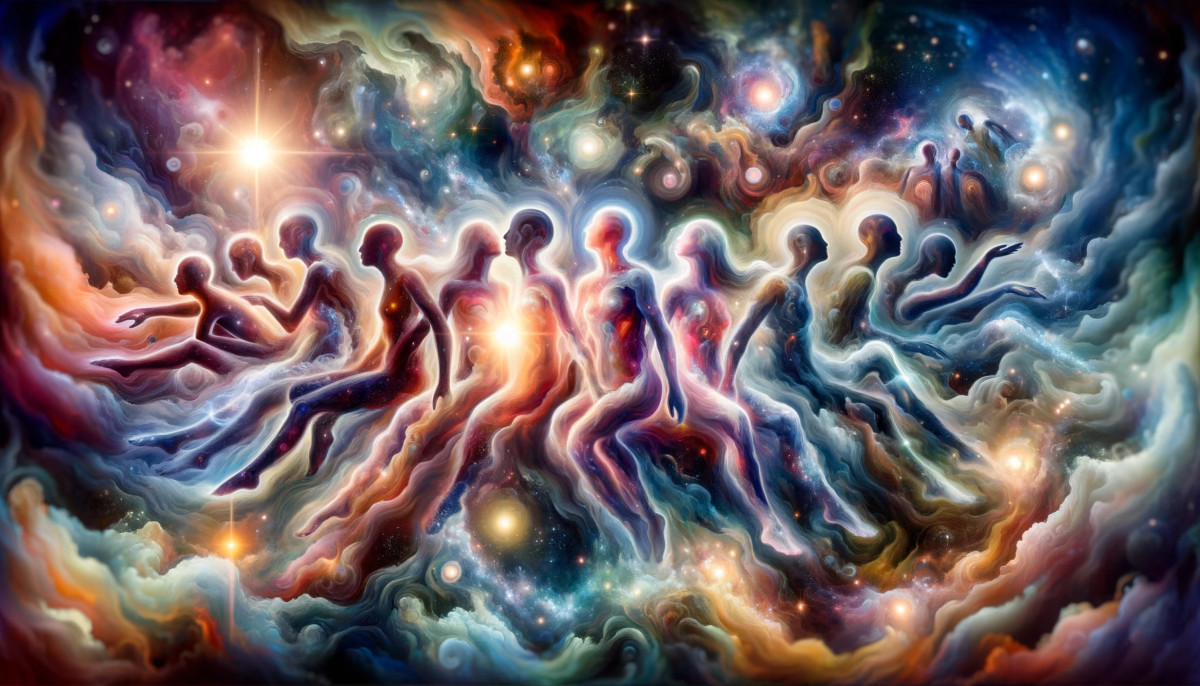
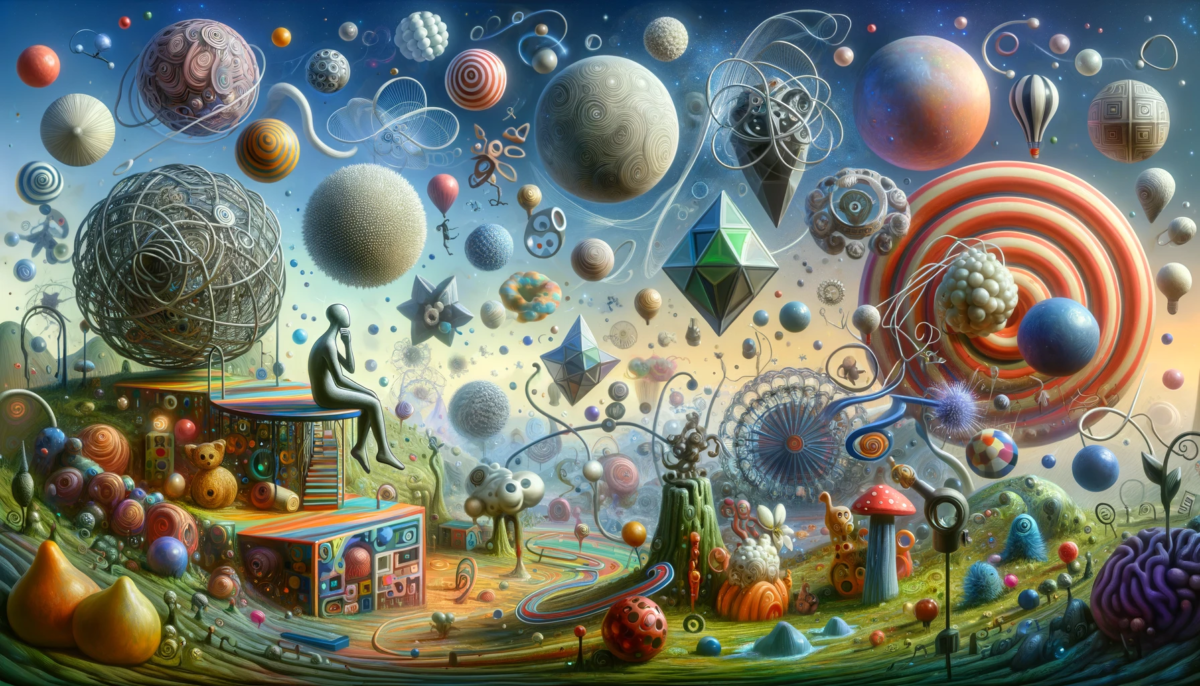
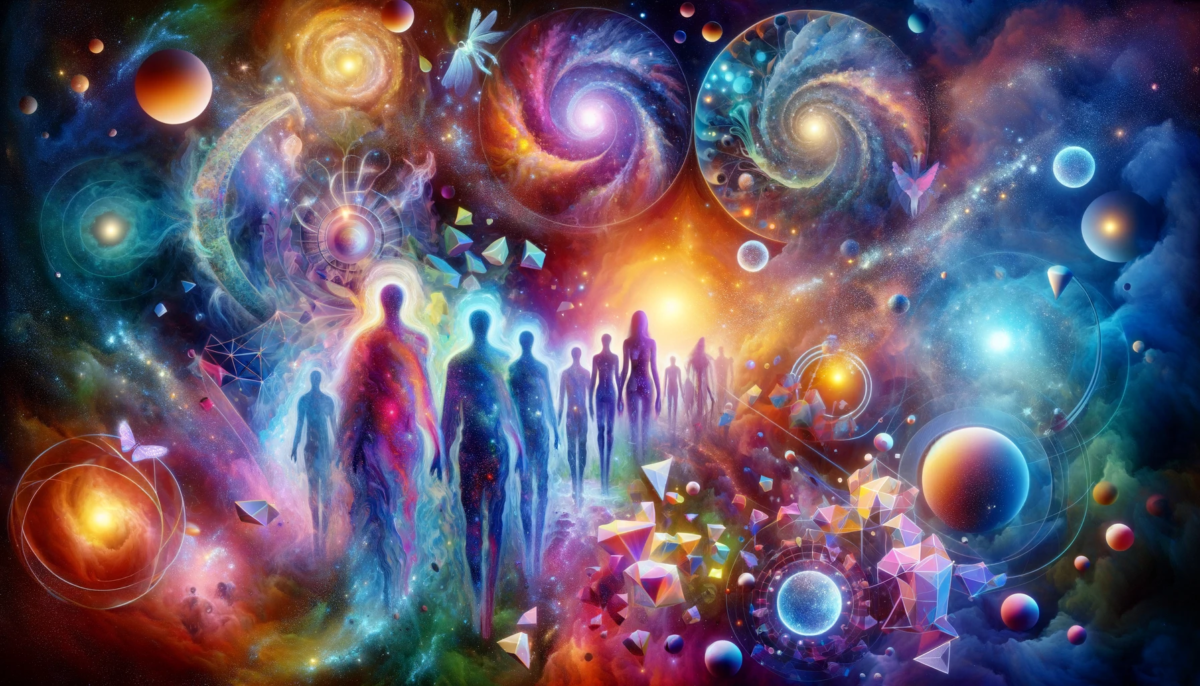
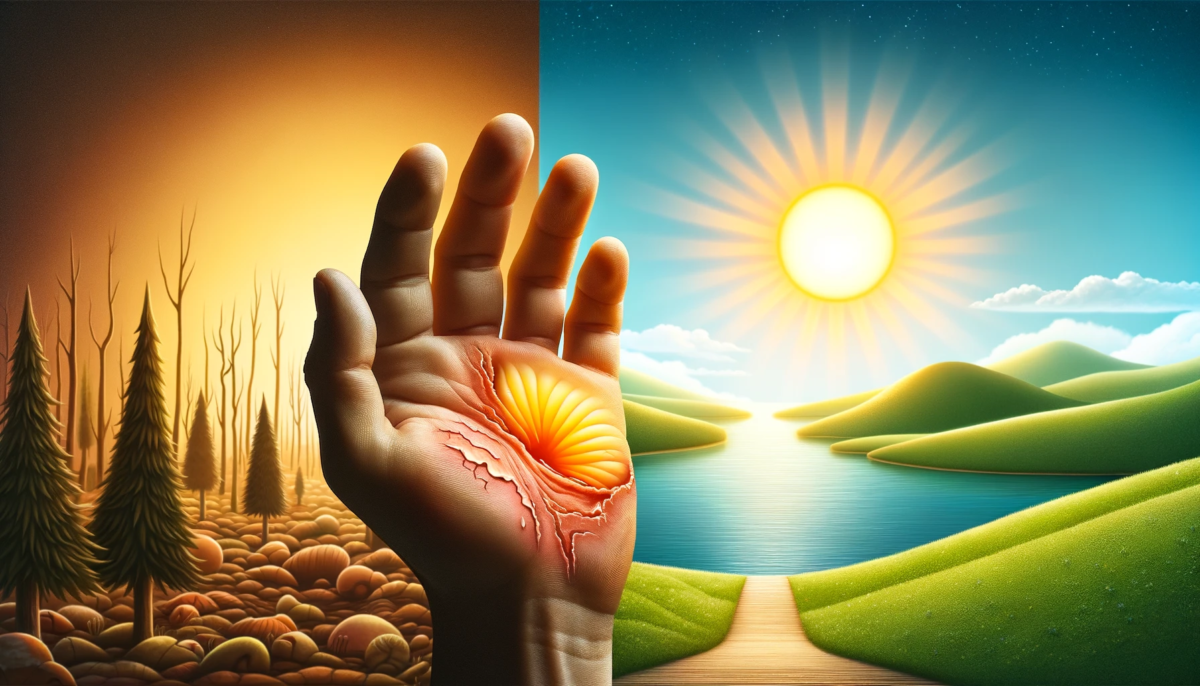
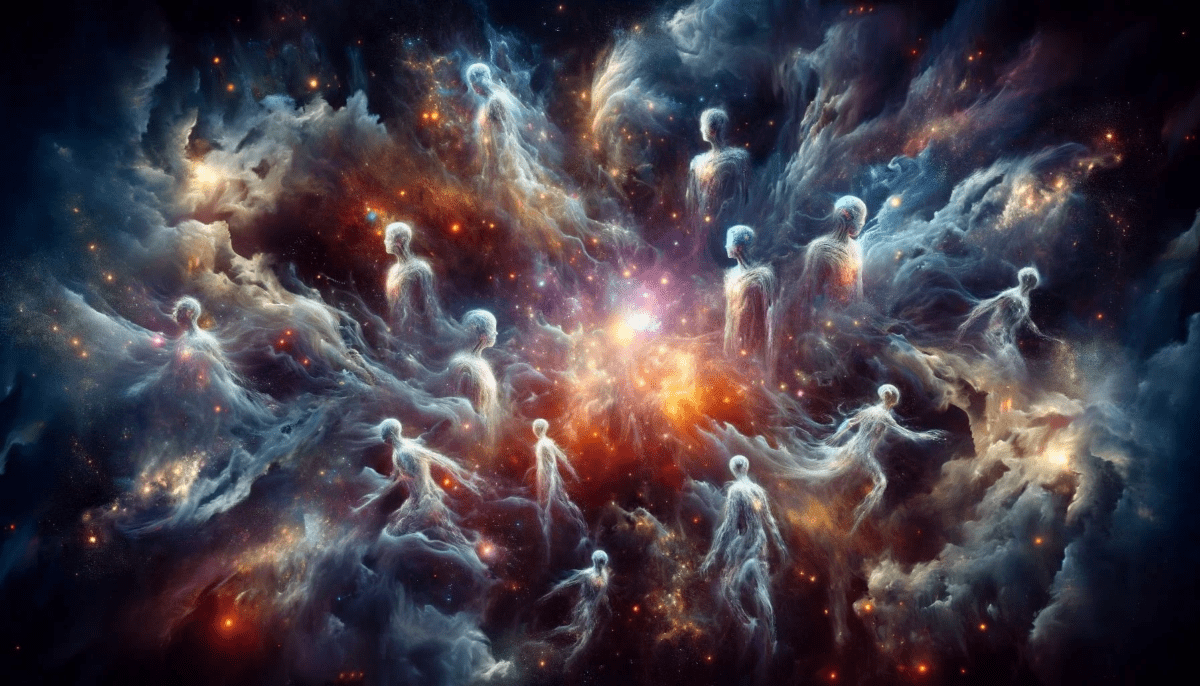
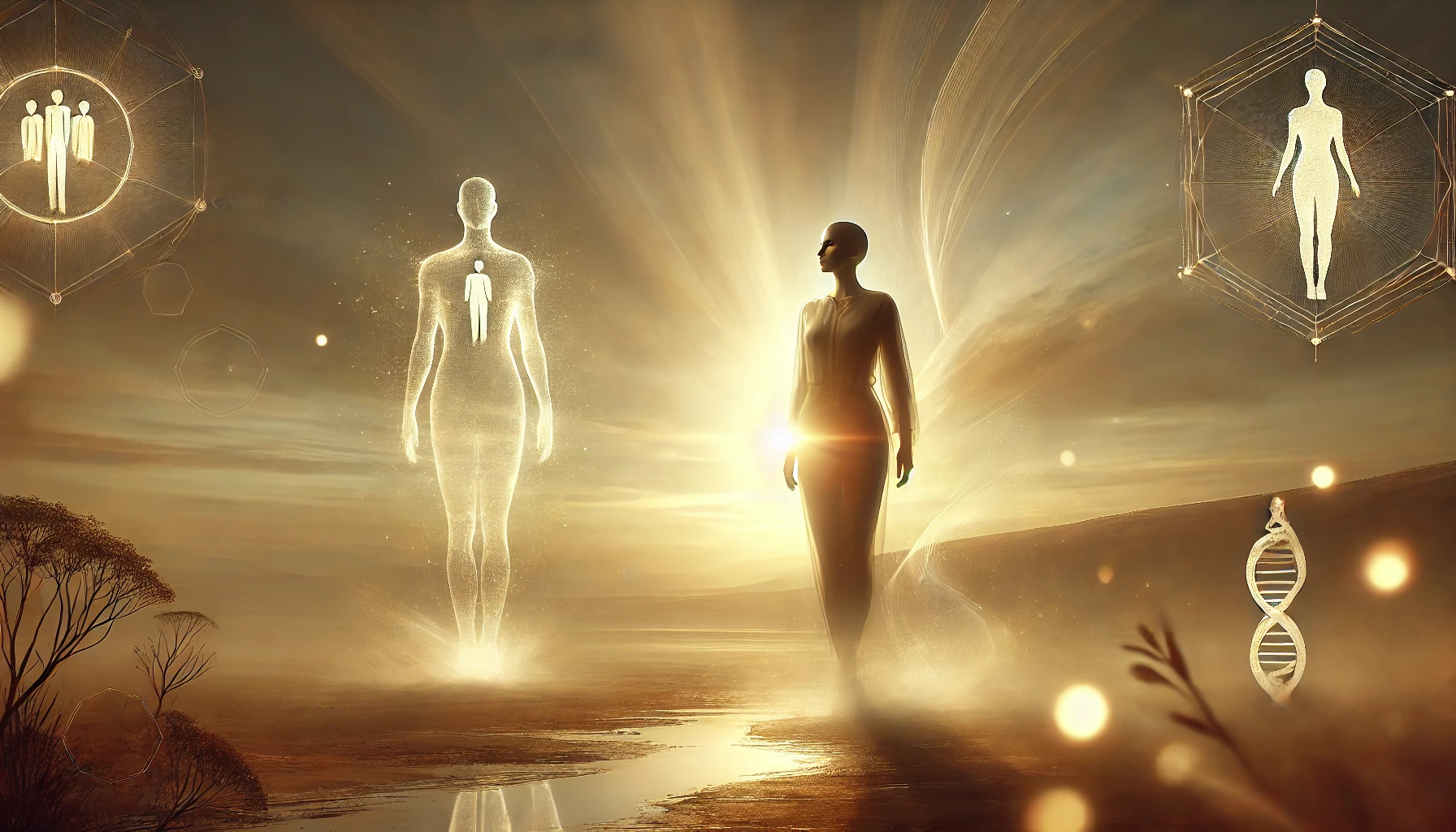
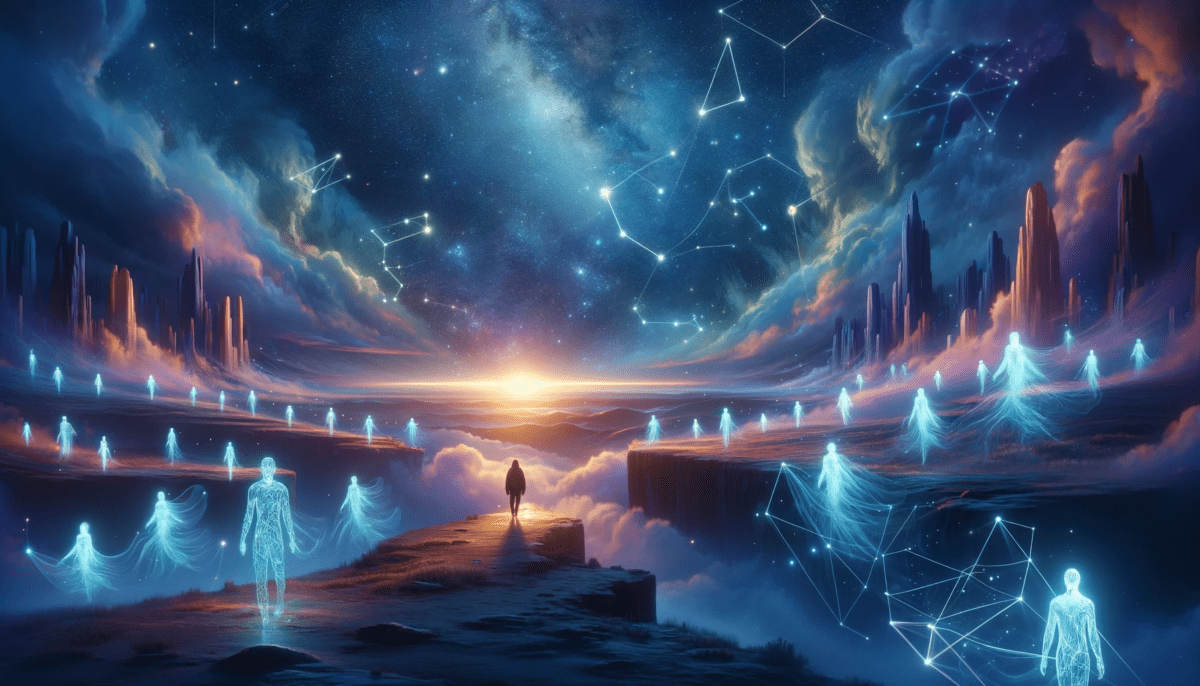
This text seems to explore the idea of how to access knowledge or understanding beyond our current understanding or knowledge. The author distinguishes between defining, which involves discovering smaller and smaller units of knowledge within our current understanding, and divining, which involves ascertaining what lies beyond our current understanding. The author argues that it is not possible to use our current rules and beliefs to discover what lies beyond them, and instead suggests that we must allow the unknown to come to us and through us. The author also emphasizes the role of imagination in accessing new understanding and suggests that we must be open to new possibilities, even if they challenge our current beliefs. Overall, the text seems to suggest that accessing knowledge beyond our current understanding requires a willingness to be open and to allow for the unknown to guide us.